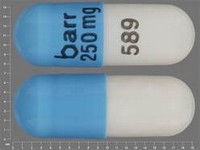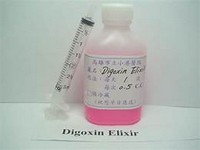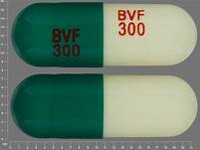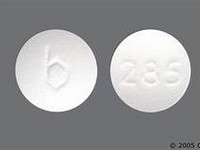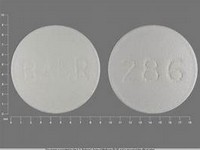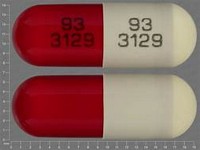Esmolol hydrochloride

Esmolol hydrochloride
CLINICAL USE
Beta-adrenoceptor blocker:Short-term treatment of supraventricular arrhythmias (including AF, atrial flutter, sinus tachycardia)Tachycardia and hypertension in the perioperative period
DOSE IN NORMAL RENAL FUNCTION
50–300 micrograms/kg/minute; see product literature for titration schedule
PHARMACOKINETICS
Molecular weight :331.8 %Protein binding :55 %Excreted unchanged in urine : <2 Volume of distribution (L/kg) :1.9half-life – normal/ESRD (hrs) :9 minutes/unchanged DOSE IN RENAL IMPAIRMENT
GFR (mL/MIN)
20 to 50 : Dose as in normal renal function 10 to 20 : Dose as in normal renal function <10 : Dose as in normal renal function DOSE IN PATIENTS UNDERGOING RENAL REPLACEMENT THERAPIES
CAPD :Dialysed. Dose as in normal renal function HD :Dialysed. Dose as in normal renal function HDF/high flux :Dialysed. Dose as in normal renal function CAV/VVHD :Unknown dialysability. Dose as in normal renal function IMPORTANT DRUG INTERACTIONS
Potentially hazardous interactions with other drugs Anaesthetics: enhanced hypotensive effect Analgesics: NSAIDs antagonise hypotensive effectAnti-arrhythmics: increased risk of myocardial depression and bradycardia; with amiodarone, increased risk of bradycardia and AV block and myocardial depressionAntidepressants: enhanced hypotensive effect with MAOIsAntimalarials: increased risk of bradycardia with mefloquineAntipsychotics: enhanced hypotensive effect with phenothiazines Calcium-channel blockers: increased risk of bradycardia and AV block with diltiazem; severe hypotension and heart failure occasionally with nifedipine and possibly other dihydropyridines; asystole, severe hypotension and heart failure with verapamil – avoid concomitant verapamil useAntihypertensives: enhanced hypotensive effect; increased risk of withdrawal hypertension with clonidine; increased risk of first dose hypotensive effect with post-synaptic alpha-blockers Diuretics: enhanced hypotensive effect Moxisylyte: possible severe postural hypotensionSympathomimetics: severe hypertension with adrenaline and noradrenaline and possibly dobutamineTropisetron: increased risk of ventricular arrhythmias – use with caution ADMINISTRATION
Reconstition
– Route
IV infusion
Rate of Administration
50–300 mcg/kg/minute Comments
Incompatible with sodium bicarbonate solutionsDilute to a concentration of 10 mg/mL with sodium chloride 0.9% or glucose 5%Local irritation has occurred with infusions of 20 mg/mL OTHER INFORMATION
Has an active renally-excreted metabolite Hyperkalaemia can occur in CKD 5 Titrate dose according to blood pressure response
See how to identify renal failure stages according to GFR calculation
See how to diagnose irreversible renal disease
Home

